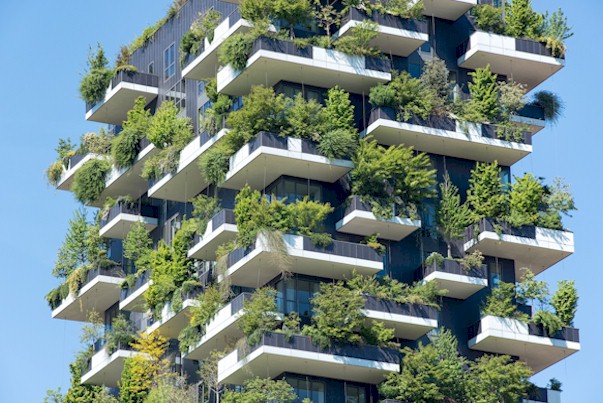
During the height of the "green design" craze, hotel RFPs fairly regularly required their buildings to receive some level of L.E.E.D. accreditation. As the general public became increasingly aware of the climate changes happening around them and their own carbon footprint, they started to consider how their own actions contributed to the environment they inhabited. Hotel owners quickly tried to capitalize on the growing market segment. New hotel brands, such as Element, were created specifically for the environmentally-conscious guest. After approximately 10 years or so, it seems like a reasonable time to step back and ask the question, was all the hype for "green design" worth it? READ MORE



 The hospitality industry is constantly evolving to meet and exceed guest expectations. As a result, hotels are always on the lookout for new ways to improve the guest experience, and architecture and design is an essential part of this equation. Bold design is often the most effective way to make an exceptional first impression - an impression guests use to distinguish between brands. One design trend that is being embraced worldwide has become known as “Biophilic Design.” Biophilic design is based on the concept of biophilia, which is the theory that human beings have an innate tendency to seek out nature, natural elements, and natural forms. Biophilic design is more than hotels simply adding a surplus of plants; it involves incorporating specific design elements into a hotel in order to imbue it with a sense of wellness and well-being. Some of those elements include exposure to natural lighting; views of nature and rooms with a view; natural architectural patterns; salvaged or reclaimed woods of all types; reclaimed metals; sustainably sourced stone; living green walls and vertical gardens; and direct and indirect exposure to nature. Hotels that have incorporated biophilic design into their properties are reaping the benefits associated with this trend including reduced stress responses, better air quality, lower energy costs, and more positive guest reviews. Biophilic design has also been shown to improve guest moods and to satisfy consumer demand for environmental responsibility. Savvy hotel owners and managers are aware that nature-inspired elements enhance their guests' comfort and well-being, which is why this trend is becoming so prevalent. Biophilic design is just one topic in the fields of hotel architecture and design that will be examined in the November issue of the Hotel Business Review.
The hospitality industry is constantly evolving to meet and exceed guest expectations. As a result, hotels are always on the lookout for new ways to improve the guest experience, and architecture and design is an essential part of this equation. Bold design is often the most effective way to make an exceptional first impression - an impression guests use to distinguish between brands. One design trend that is being embraced worldwide has become known as “Biophilic Design.” Biophilic design is based on the concept of biophilia, which is the theory that human beings have an innate tendency to seek out nature, natural elements, and natural forms. Biophilic design is more than hotels simply adding a surplus of plants; it involves incorporating specific design elements into a hotel in order to imbue it with a sense of wellness and well-being. Some of those elements include exposure to natural lighting; views of nature and rooms with a view; natural architectural patterns; salvaged or reclaimed woods of all types; reclaimed metals; sustainably sourced stone; living green walls and vertical gardens; and direct and indirect exposure to nature. Hotels that have incorporated biophilic design into their properties are reaping the benefits associated with this trend including reduced stress responses, better air quality, lower energy costs, and more positive guest reviews. Biophilic design has also been shown to improve guest moods and to satisfy consumer demand for environmental responsibility. Savvy hotel owners and managers are aware that nature-inspired elements enhance their guests' comfort and well-being, which is why this trend is becoming so prevalent. Biophilic design is just one topic in the fields of hotel architecture and design that will be examined in the November issue of the Hotel Business Review.































